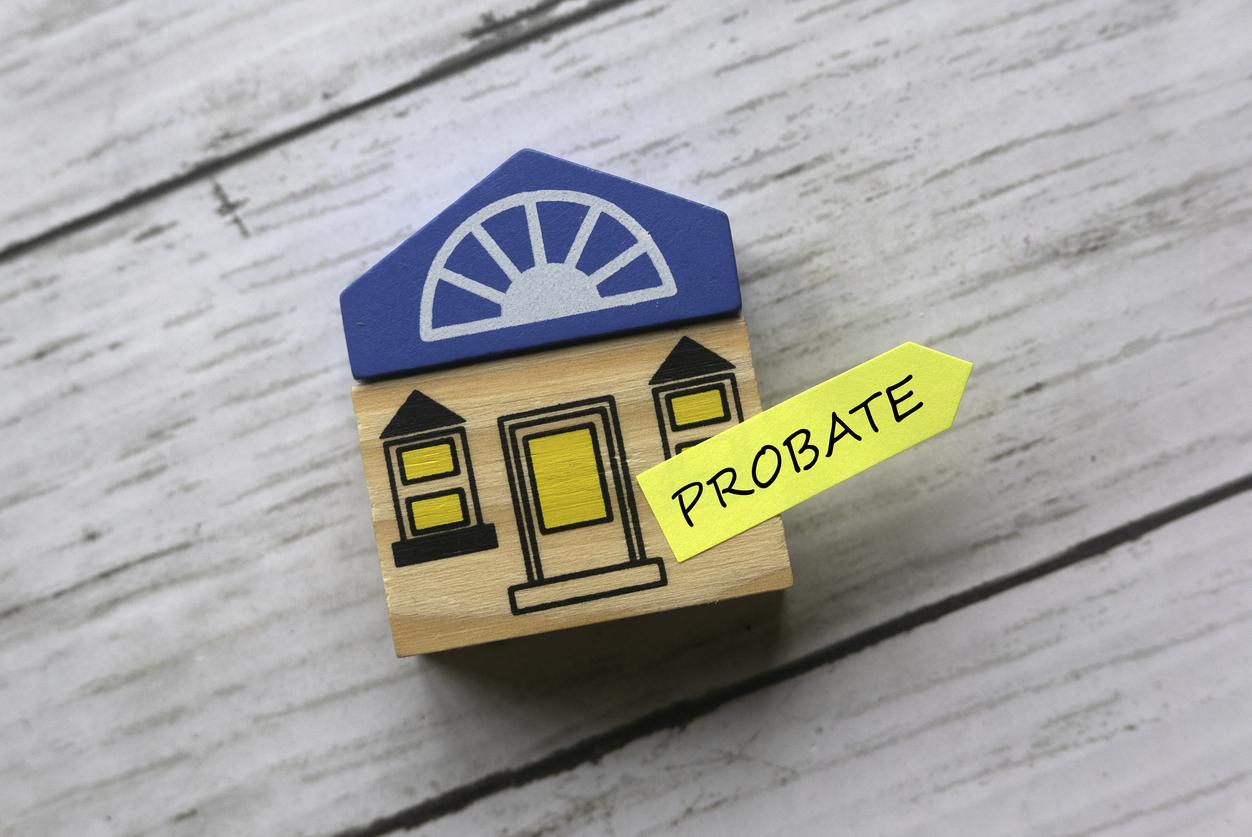
Selling a House That Is in Probate in California
The probate process in California can add some tricky dimensions to your home selling process. Even though there are added steps, you can learn just how selling a house in probate works and even get your property sold.
First, let’s take a look at exactly what probate even means.
What is Probate, and How Does it Work?
When an individual passes away, their estate may need to be handled by the court. Being in probate means it is within the court’s system so debts can be paid, assets assessed, and items distributed between next of kin or those written into the will.
The court determines if such will is credible and if its contents withstand. If there is no will at all, then it is left up to the court’s discretion as to whom should be appointed the estate’s executor and handle the distribution of belongings.
What Options are There for Selling a Property Once a Loved One Passes?
No one can sell off a deceased family member’s property until the probate process has named an executor or beneficiary. Once that process has occurred, you can then sell a home either through public auction or private sale. If you only have limited authority over the estate, you will need to verify that the sale is okay to complete with the court.
Any heirs or interested persons must also be notified of the plan. They will have 15 days to object. Any objection to the sale of the home falls back under the court’s discretion. An overbid procedure occurs where the highest bidder is awarded the home.
Steps to Selling a Probate Property, With and Without a Will

The overall steps for selling a probate property depend on whether or not there is a will in place.
Steps for selling when there is a will
If a will is in place that states who is to receive ownership of the home after the original owner’s passing, then that is often who the courts will agree should handle the process. There is no need to follow up again with the court regarding the sale unless you desire to.
Here are the steps to follow:
- Have the home appraised.
- Give interested parties (other family members) 15 days notice of your intent to list or sell the home. If no one objects, you can proceed.
- Set up a public auction or add the home to the open market.
- Accept a bid or offer on the house.
- Put it in escrow.
- Complete the sale.
Steps for selling when you don’t have a will
If no will is in place, the court will have to appoint someone to handle the selling of the home. Interested parties, such as close family members, can appeal to the court and make their plea as to why they should be named executor.
The same steps apply to whoever is left in charge, except they will have to verify with the court before anything can be final.
Here’s what to do when there’s no will:
- Get the home appraised to determine its potential value.
- Submit the appraisal to the court and request permission to make the sale. Indicate which method you plan on using, either public auction or private sale.
- Place the property up for sale and inform potential buyers that the deal is contingent on the court’s ruling.
- Once you have an offer, petition the court again to approve your sale. You’ll typically have a hearing anywhere from 20 to 40 days after filing. Most courts want to see an offer of at least 90% of the appraisal value before they will approve it.
- Secure a 10% deposit from the potential buyer before the court hearing.
- Attend the court’s public overbid procedure. They begin at $500 past the buyer’s offer to determine if they can receive any higher amount from someone else.
- Whoever wins the bid only receives final approval if they can pay 10% of the price with a cashier’s check or wire transfer.
- Handle the deposit. If the original buyer still succeeded, you can remove the deposit amount you received from the home’s final price. If another buyer outbids them, you will have to return their deposit in full.
- Complete the sale and place the total amount of the earnings into the estate fund.
The Cost and Fees Associated With Selling a House That Is in Probate
It’s always wise to understand the cost of selling a house, whether it’s in probate or not. When it comes to selling a home in probate, you’re going to have some extra expenses to think about.
The courts will take their fees, after all. You should expect to pay anywhere between 3% and 7% of the total estate’s worth during the probate process. It typically costs hundreds of dollars just to begin probate, let alone the additional filing fees for each step that needs to be addressed by the court.
You may also pay a probate lawyer to help you with the process and could have to pay a fee to a real estate agent if you list the home on the open market.
Let Offercity Handle Selling a House That Is in Probate
Offercity can help with any questions and give general information on what to do with inherited property. We can help sell the property in as-is condition and save the headache of making repairs, preparing the home for showings, and saving you money by charging zero fees and commissions. Contact us for more information on selling a house that is in probate.